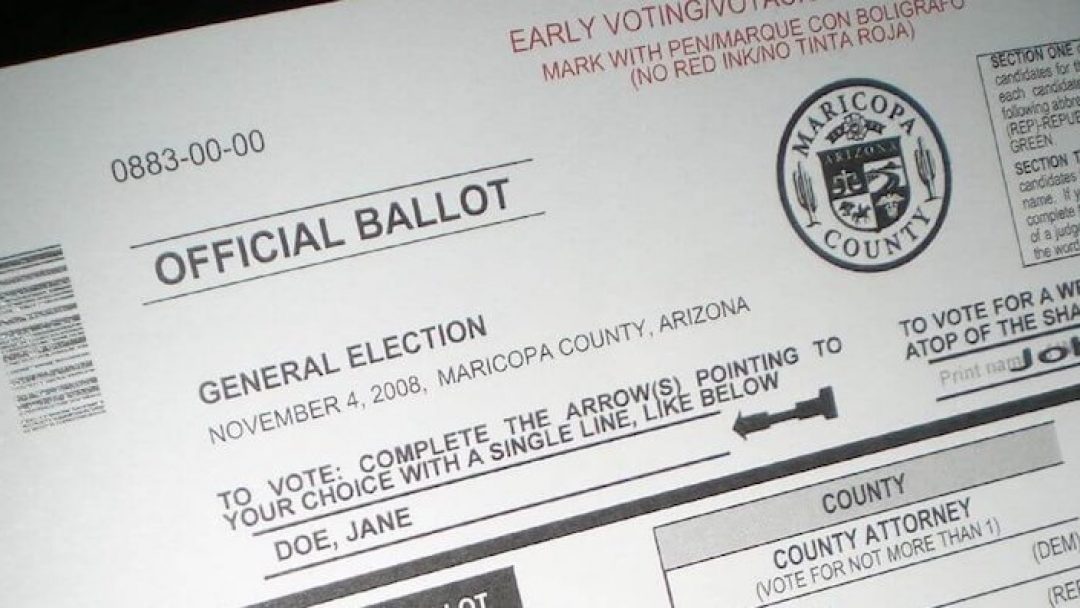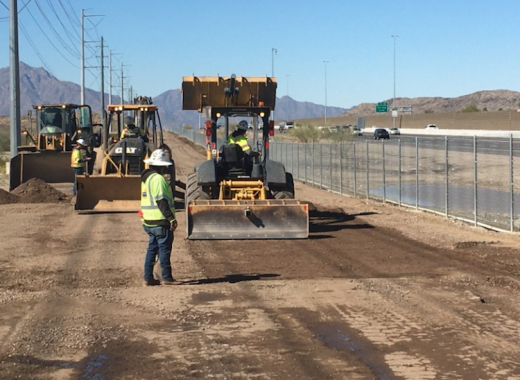As more Arizona voters get their election ballots, more voters likely have the same question: who are all of these judges?
They are likely names you’ve never heard of doing jobs you don’t know much about. Yet, in Maricopa County alone, 40 Superior Court judge decisions are on the ballot.
While smaller counties elect judges, in Pima, Pinal, Coconino, and Maricopa, they are appointed by the governor and you vote to retain them or not.
But since you’ve likely never visited their courtroom or know who they are, you may just ignore them. Many voters did just that in the Maricopa County 2016 election according to final voting results.
If you look at each race or decision, the words “under votes” appear with a total. In these decisions, it means the voter left it blank. In the presidential race, just over 19,000 voters did that. But more than 785,000 people passed on one Superior Court Judge decision. A check of other judge contests shows similar numbers of voters just leaving them blank.
So, why care? Well, Superior Court judges are involved in common court decisions involving cases of divorce and probate. And while limited, there is information about these judges fairly easily available online.
The Arizona Secretary of State website shows judge ratings by people who see them work, including jurors, attorneys and litigants. While based on just a small number of surveys, it’s at least a glimpse into fairness, if decisions seem to be based on law, even if a judge is courteous.
Judicial Performance Review Commissioners use those results to help decide if judges meet certain performance standards. In the upcoming Maricopa County election, only 3 of 40 Superior Court judges did not get unanimous approval.
On the Arizona Courts website, you can check to see if there was a misconduct decision involving a judge. The decisions are made by an independent state commission and listed by year.
The Center for Arizona Policy, a conservative lobby group, offers background information on judges like work history, education and community involvement.
And EqualityArizona recommends judges and legislators on their website. The group says their endorsements are based on a “proven track record of supporting and fighting for equal rights and legal protection for LGBTQ Arizonans.”








